Car companies are losing production because of Russia’s invasion of Ukraine but are beginning to find new sources for the crucial wiring harnesses that the country specialises in.
Vehicle production could be down as much as 15% in Europe in the first half of this year because of the war, bank Wells Fargo has estimated, further depressing output during the wider semiconductor shortage.

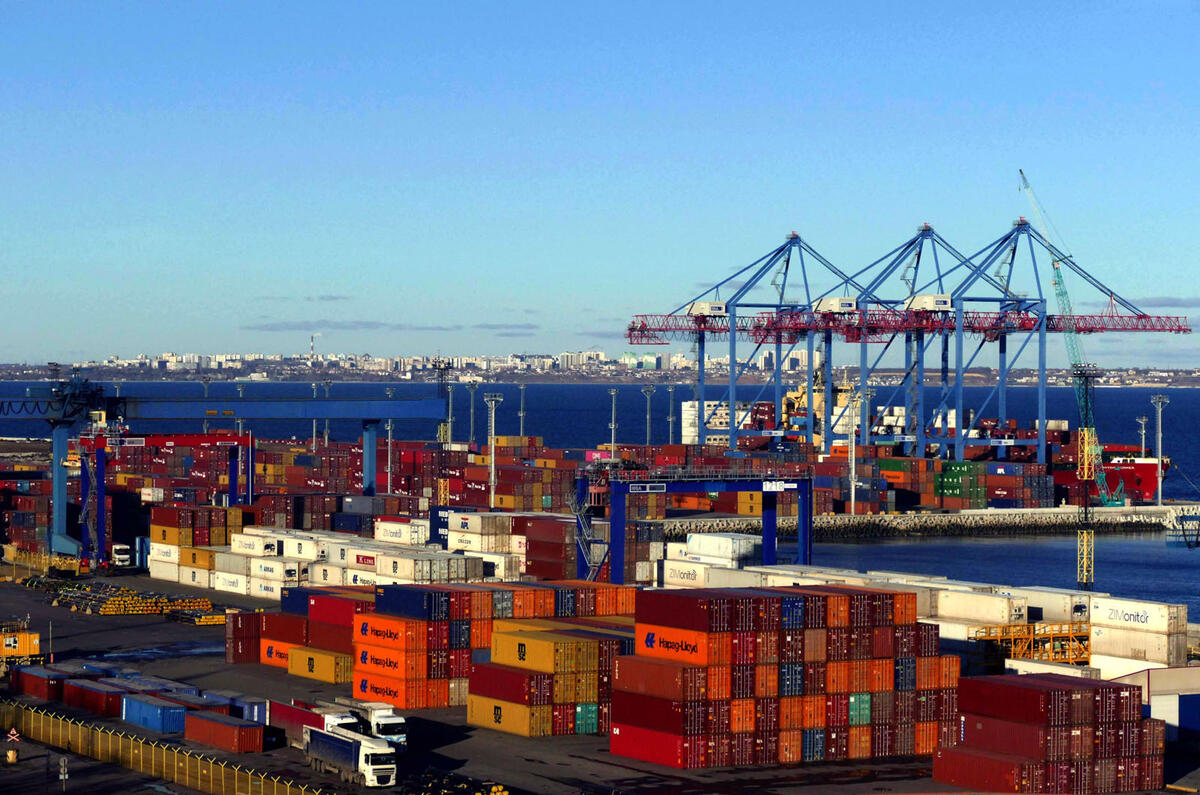
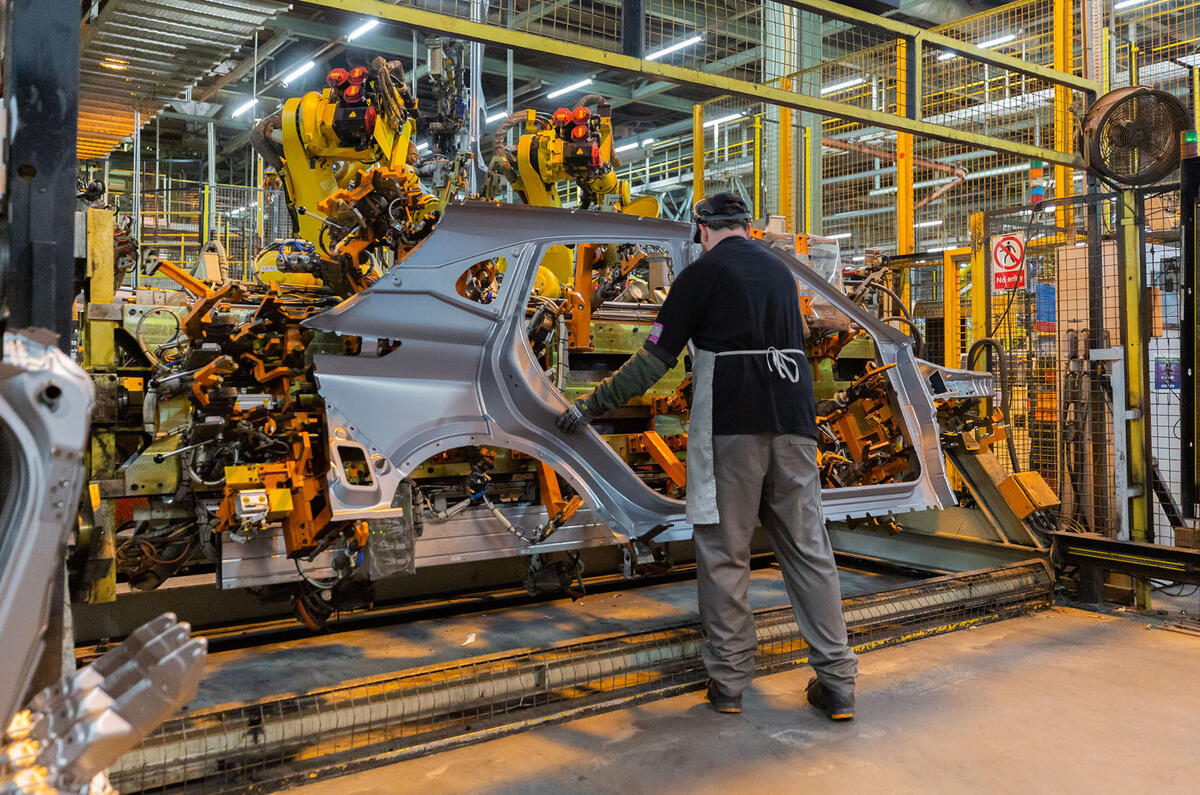
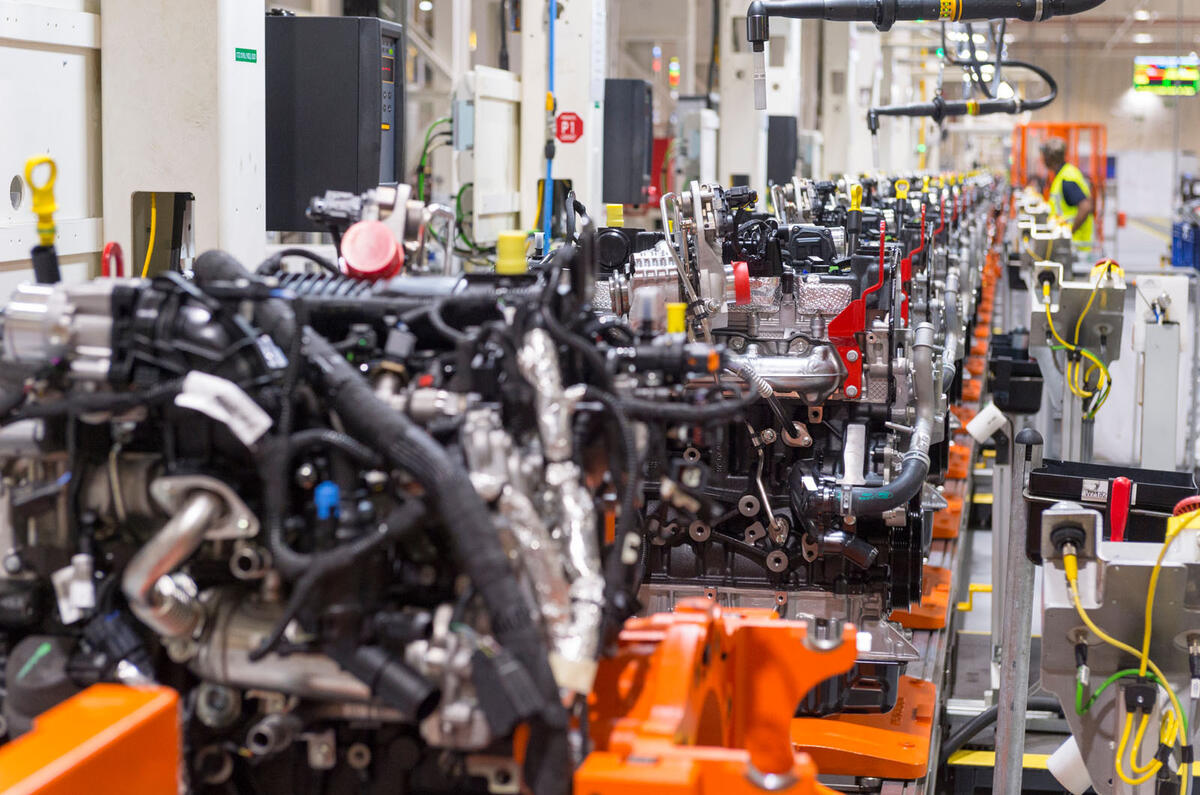
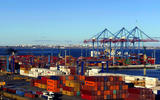
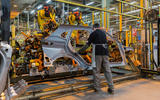
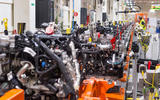


Add your comment